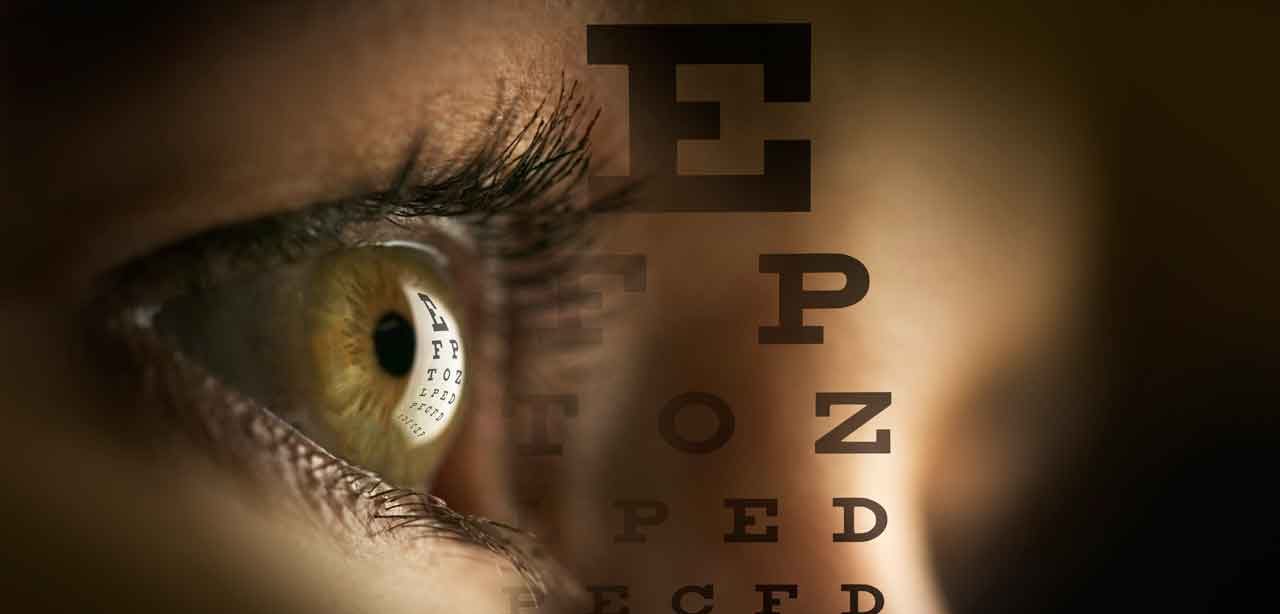How to Improve Eyesight

Your eyes are a window to your soul — and your health. The short answer for how to improve eyesight is to take good care of your body. Learn more here.
Are you worried about your eyes? Don’t panic: Life continues even if your vision deteriorates over time.
Is your family prone to type 2 diabetes? It can damage your retina, where images focus. Does macular degeneration run in your family? The macula is the part of your eye that controls central vision.
If you think you’re at risk, consider these tips on how to improve eyesight or maintain it. We’d all rather keep our eyes sharp, especially in areas where it’s hard to get around without driving.
Even if you’ve no reason to worry, following these steps is good for your overall health.
YOU MIGHT ALSO LIKE: Eye Problems Occur More Often in Older Women
How to improve eyesight
Eat well. Go for colorful food on your plate. Bright red, orange, yellow, or green vegetables and fruits contain helpful antioxidants that support the macula. Eat a sweet potato instead of a white one, strawberries, and red peppers. Eat a carrot.
Also make sure you get enough leafy greens, which contain lutein and zeaxanthin, two nutrients found in your retina. They improve your ability to see colors in that part of your eye and absorb ultraviolent and blue light that are hard on your eyes. Eggs, broccoli, and zucchini also contain those nutrients; they’re all members of a group called carotenoids.
Fatty fish like salmon support eyesight as well.
Stay fit. If you gain weight and trigger type 2 diabetes, you run the risk of diabetic retinopathy — when sugar in your bloodsteam injures the very small arteries in your retina and they leak blood.
Get your blood sugar levels checked regularly, stay fit, and slim down or avoid weight gain.
Treat high blood pressure. Blurred vision can be a sign of hypertension, which also injures your retina’s blood vessels. If your doctor recommends statin drugs and you’re reluctant, have a candid talk. If you opt against medication, it’s important that reduce your salt intake and make other recommended lifestyle changes.
Wear goggles and sunglasses
If you’re around chemicals, wood shavings, or metal shards, protect your eyes with heavy plastic goggles.
Sunglasses aren’t just a fashion statement. Sunglasses help protect your eyes from cataracts, macular degeneration, and pterygium — when tissue grows over the white part of your eye. Wide-brimmed hats are also a good move.
Don’t stare at your computer
Every 20 minutes or so, look away from your computer, preferably out a window. Focus on something else, ideally 20 feet away, for at least 20 seconds. You’ll see many recommendations for eye exercises, including the “Bates Method,” you may be improving only your attention — rather than your eyesight.
Quit smoking
Along with all its other disadvantages, smoking increases your risk of cataracts and age-related macular degeneration. The good news is that your eyes may begin to recover immediately if you quit.
Take precautions against hereditary conditions
Tell your doctor if your family has a history of glaucoma, retinal degeneration, age-related macular degeneration, or optic atrophy.
Disinfect contact lenses
Follow recommended cleaning instructions. Your eyes are especially vulnerable to infections.
Updated:
July 10, 2023
Reviewed By:
Janet O’Dell